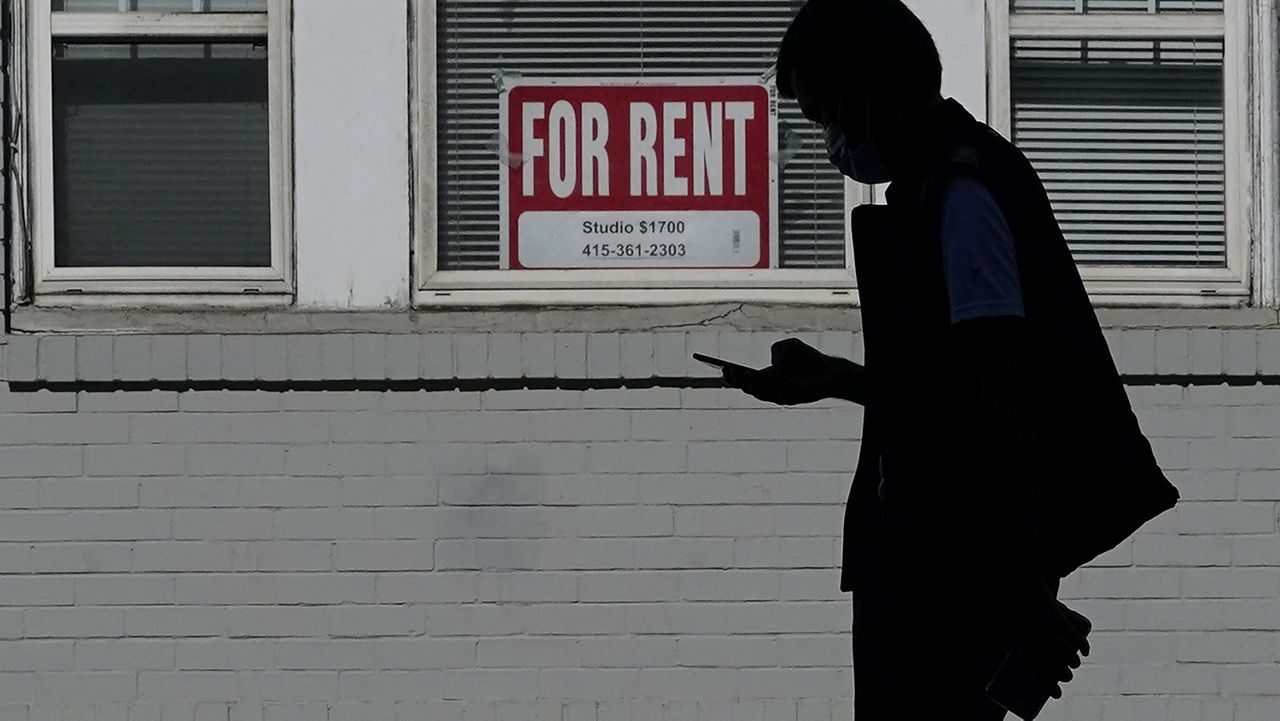The U.S. Treasury Department on Friday said it's allocating $21.6 billion in emergency rental assistance to “help prevent evictions and ensure basic housing security for millions of Americans impacted by the affordable housing challenges exacerbated by COVID-19.”
Notably, for the first time, the Treasury specified that the funds, provided by the $1.9 trillion American Rescue Plan, must be offered directly to renters when landlords do not accept direct payment. The new funds will also be offered directly to renters first rather than offering assistance to landlords before reaching out to renters.
Administration officials said the additional support was urgently needed because nearly 7 million Americans reported being behind in their rent payments in late April. More than 40% of those renters worry that they could be evicted over the next two months.
The new program will also protect renters from eviction while payments are being made on their behalf, cut wait times in half in terms of offering direct aid to tenants if landlords do not participate in the program and reduces “burdensome documentation requirements” which can delay aid.
“We need to make sure that as we implement these emergency funds that we are nimble enough to address growing needs,” Gene Sperling, the White House’s American Rescue Plan coordinator, told reporters. “Basic housing security is fundamental to the dignity of all Americans.”
Of the $21.6 billion, $2.5 billion will be directed to the highest-need areas, according to the Treasury, where job loss and high market costs have made it especially difficult for low-income renters.
At least 90% of the awarded funds must be utilized toward paying rent, utilities, energy costs, or other expenses directly related to housing. Other remaining funds can be used for case management and other housing stability services.
The guidance for this program was developed by multiple federal government agencies, including the Department of the Treasury, the Department of Housing and Urban Development, and the White House American Rescue Plan Implementation Team.
“This infusion of additional support will benefit both renters and landlords and make sure that the states and localities that have moved quickly to address the housing affordability crises wrought by the public health emergency and its negative economic impacts in their areas will continue to have the resources they need to fully meet the challenge,” the Treasury said in a statement.
A federal judge in Washington on Wednesday struck down the nationwide moratorium on evictions that had been imposed by the Trump administration last year and extended by Biden until June 30.
Administration officials at the briefing noted that the Justice Department has already filed an appeal of that decision and been granted a 10-day stay of the ruling. The administration is seeking to extend that stay until a federal appeals court can rule on the matter.
The Associated Press contributed to this report.










